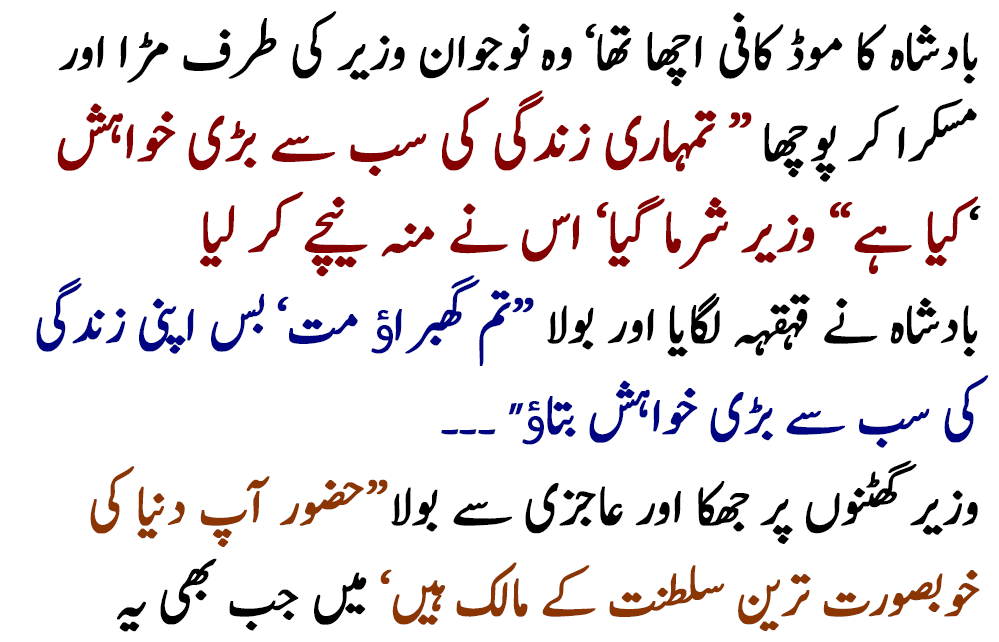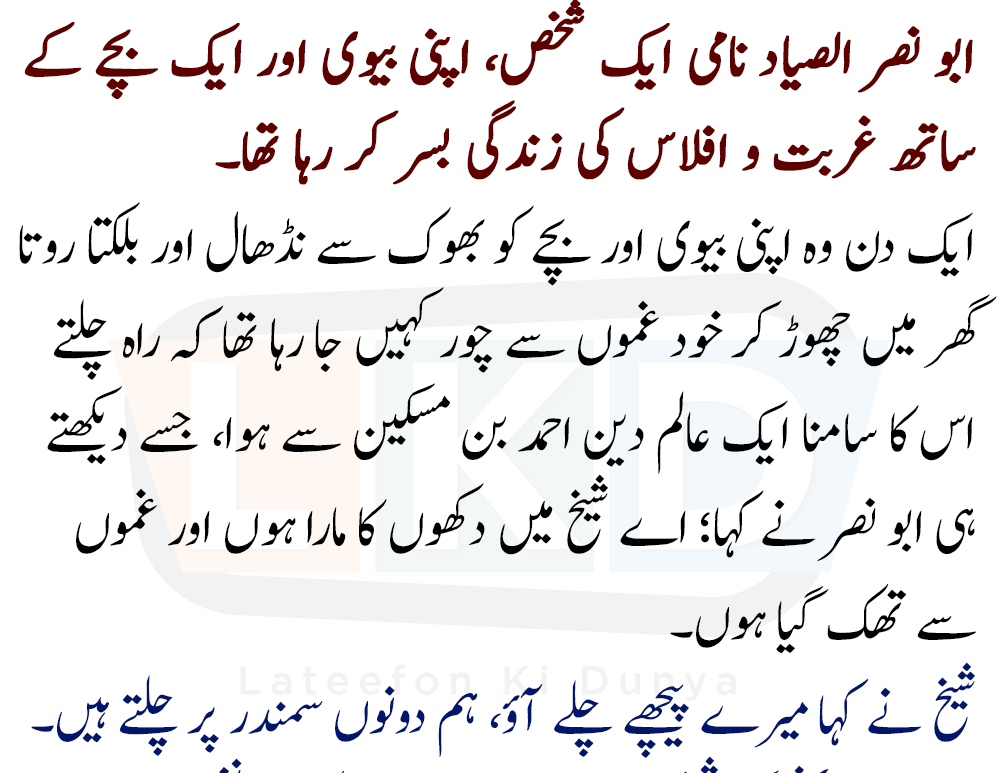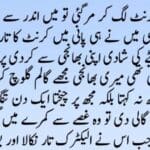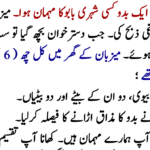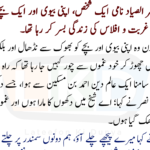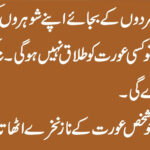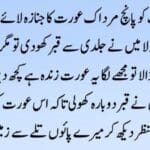The king was in a good mood. He turned to the young minister with a smile and asked, “What is your greatest wish in life?”
The minister blushed and looked down. The king laughed and said, “Don’t be shy. Just tell me your greatest wish.”
The minister knelt and replied humbly, “Your Majesty, you own the most beautiful kingdom in the world. Whenever I see this kingdom, I wish that even a tenth of it were mine, for then I would be the happiest man on earth.”
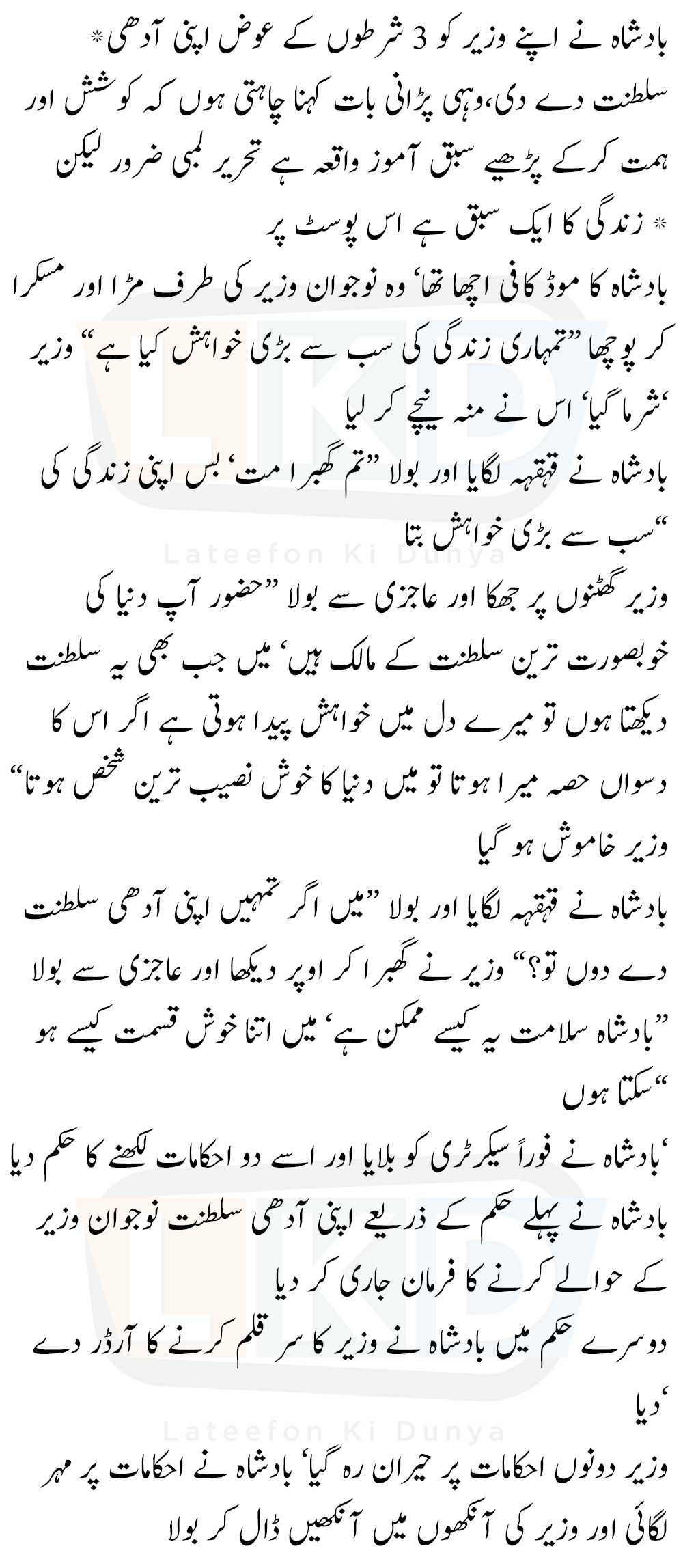
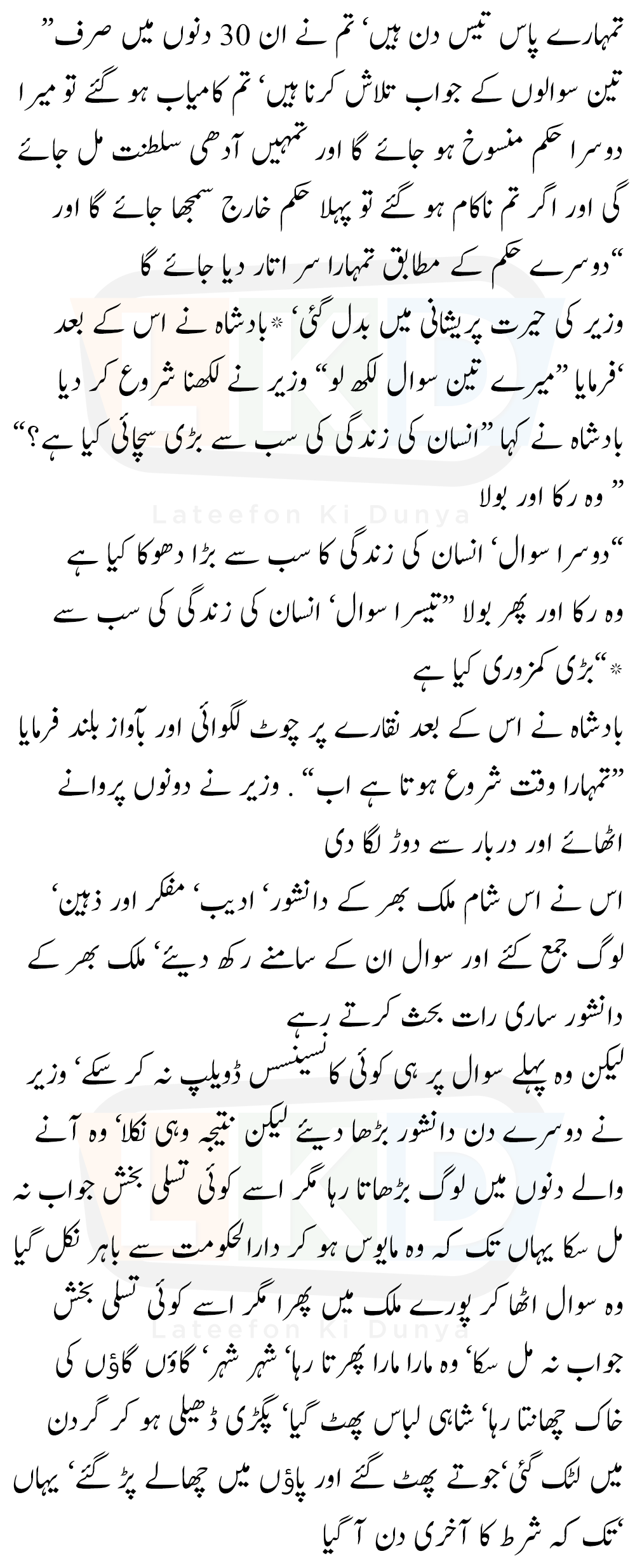
The king laughed again and said, “What if I gave you half of my kingdom?”
The minister looked up in shock and replied, “Your Majesty, how could that be possible? How could I be so fortunate?”


The king immediately ordered his scribes to write a decree. The first decree transferred half of the kingdom to the young minister. The second decree ordered the minister’s execution.
The minister was bewildered. The king sealed both decrees and looked the minister in the eye, saying, “You have thirty days to find the answers to three questions. If you succeed, I will cancel the second decree, and you will receive half of the kingdom. If you fail, the first decree will be nullified, and you will be executed according to the second decree.”
The minister’s confusion turned to despair. The king continued, “Write down my three questions.”
The minister began to write. The king asked, “What is the greatest truth in life?”
He paused and then continued, “What is the greatest deception in life?”
Another pause, and then, “What is the greatest weakness in life?”
The king struck the gong, declaring, “Your time starts now.”
The minister took the decrees and ran from the court. That evening, he gathered the country’s wisest scholars, writers, and thinkers and presented the questions to them. They debated all night, but by the next day, they had no satisfactory answers. The minister brought in more scholars, but the result was the same. As the days passed, he traveled across the kingdom, seeking answers, but found none.
He wandered from town to town, village to village. His royal attire became tattered, his turban hung loose around his neck, his shoes wore out, and his feet became blistered. The final day arrived. The next day, he would have to present himself at court.
The minister was convinced that it would be his last day alive. He was certain that he would be executed and his body displayed on the main bridge of the city. In his despair, he reached a slum at the edge of the capital and stumbled upon a beggar’s hut. The beggar was eating dry bread soaked in water, with a bowl of milk next to him that his dog was eagerly lapping up.
Seeing the minister’s condition, the beggar laughed and said, “My friend, you have come to the right place. I have the answers to your three questions.”
The minister, surprised, asked, “How did you know who I am and what my problem is?”
The beggar smiled, moved his mat, and revealed a royal robe underneath—the same kind bestowed upon the closest advisors of the king. The beggar said, “I was once a minister in this kingdom too. Like you, I made the mistake of betting with the king. The result is what you see.”
He picked up a piece of dry bread, soaked it in water, and began to eat. The minister, disheartened, asked, “Could you not find the answers either?”
The beggar laughed and replied, “My situation was different. I did find the answers, but I tore up the decree for half the kingdom, bid farewell to the king, and came to live in this hut. My dog and I live contentedly here.”
The minister’s astonishment grew, but this was no time to analyze the former minister’s actions. He needed answers. He asked the beggar, “Can you give me the answers to the questions?”
The beggar nodded and said, “I will give you the answers to the first two questions for free, but for the third answer, you will have to pay a price.”
The minister had no choice but to agree. The beggar said, “The greatest truth in life is death. No matter who or what a person is, they cannot escape this truth.”
He paused and then said, “The greatest deception in life is life itself. Every person lives under the illusion that life is eternal.”
The beggar’s answers were undeniable. The minister was overjoyed. He then asked about the third answer. The beggar laughed, picked up the bowl of milk from in front of the dog, handed it to the minister, and said, “I will not give you the third answer until you drink this milk.”
The minister’s forehead was covered in sweat. He looked at the bowl with disgust and set it on the ground. He did not want to drink the dog’s leftover milk at any cost. The beggar shrugged and said, “You have two choices: refuse and face execution tomorrow, or drink this half-pound of milk, save your life, and gain half the kingdom. The decision is yours.”
The minister was torn. On one hand were his life and half the kingdom; on the other, the dog’s leftover milk. He thought and thought until finally, survival and wealth won, and self-respect lost. The minister picked up the bowl and drank the milk in one gulp.
The beggar laughed and said, “My child, the greatest weakness in life is self-interest. It can make a person drink a dog’s leftover milk. This is the truth that made me tear up the decree and live in this hut. I realized that the more I lived under the illusion of life, the more I forgot the truth of death. The more I forgot death, the deeper I sank into the swamp of self-interest, needing to drink the filthy milk of self-interest daily. So, my advice to you is to understand these three truths. Your life will be better.”
The minister left the beggar’s hut with a heavy heart, carrying the burden of shame, embarrassment, and self-pity. As he approached the palace, his sense of humiliation grew. He reached the palace gates with this growing feeling of disgrace, where a sharp pain pierced his chest. He fell from his horse, took a deep breath, and his soul departed from his body.
We should take some time to reflect on these fundamental questions of life. We should consider whether we are chasing after self-interest, having forgotten the truth of death, and whether we have fallen for the deception of life. If we ever ponder these questions, we might rise above the filthy bowls of self-interest.
